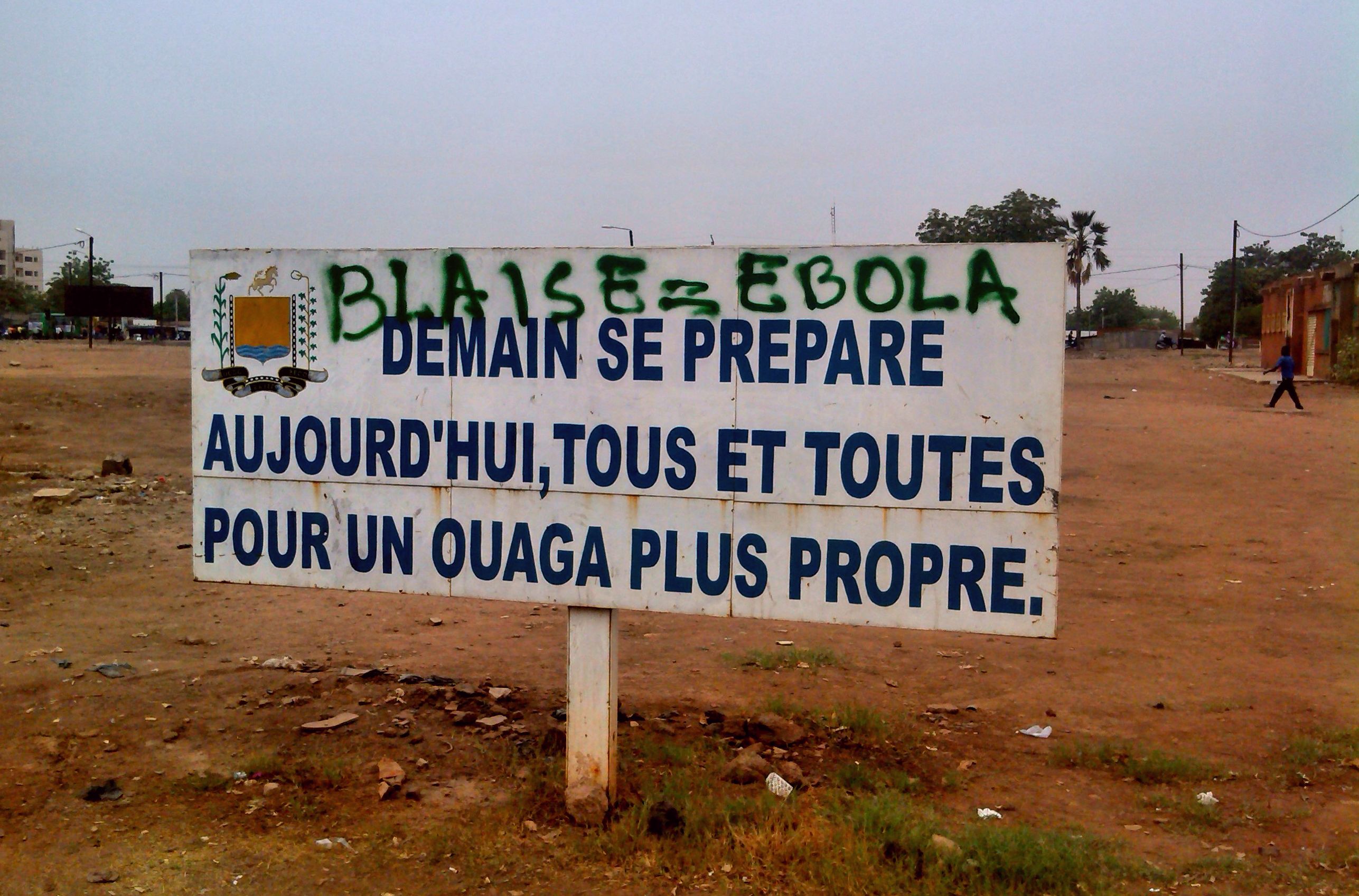On Sunday 29 November, Burkina Faso organized successful presidential and legislative elections. They marked the end of a one-year-political transition and a step in consolidating the country’s democratic achievements over the last year. There are now opportunities for a veritable democratic breakthrough.
The favorite Roch Marc Christian Kaboré of Mouvement du Peuple pour le Progrès (MPP) won 53,49% of the votes cast, followed by Zéphirin Diabré of Union pour le Progrès et le Changement (UPC) who scored 29,65%. The losing candidates were soon to recognize their defeat and congratulate the newly elected president. Most importantly, Diabré accepted the result and did not contest the elections.
In this article written just days after the elections, I put the elections in perspective and discuss opportunities for the newly elected president Kaboré and his government, as well as for the National Assembly. Continue reading
